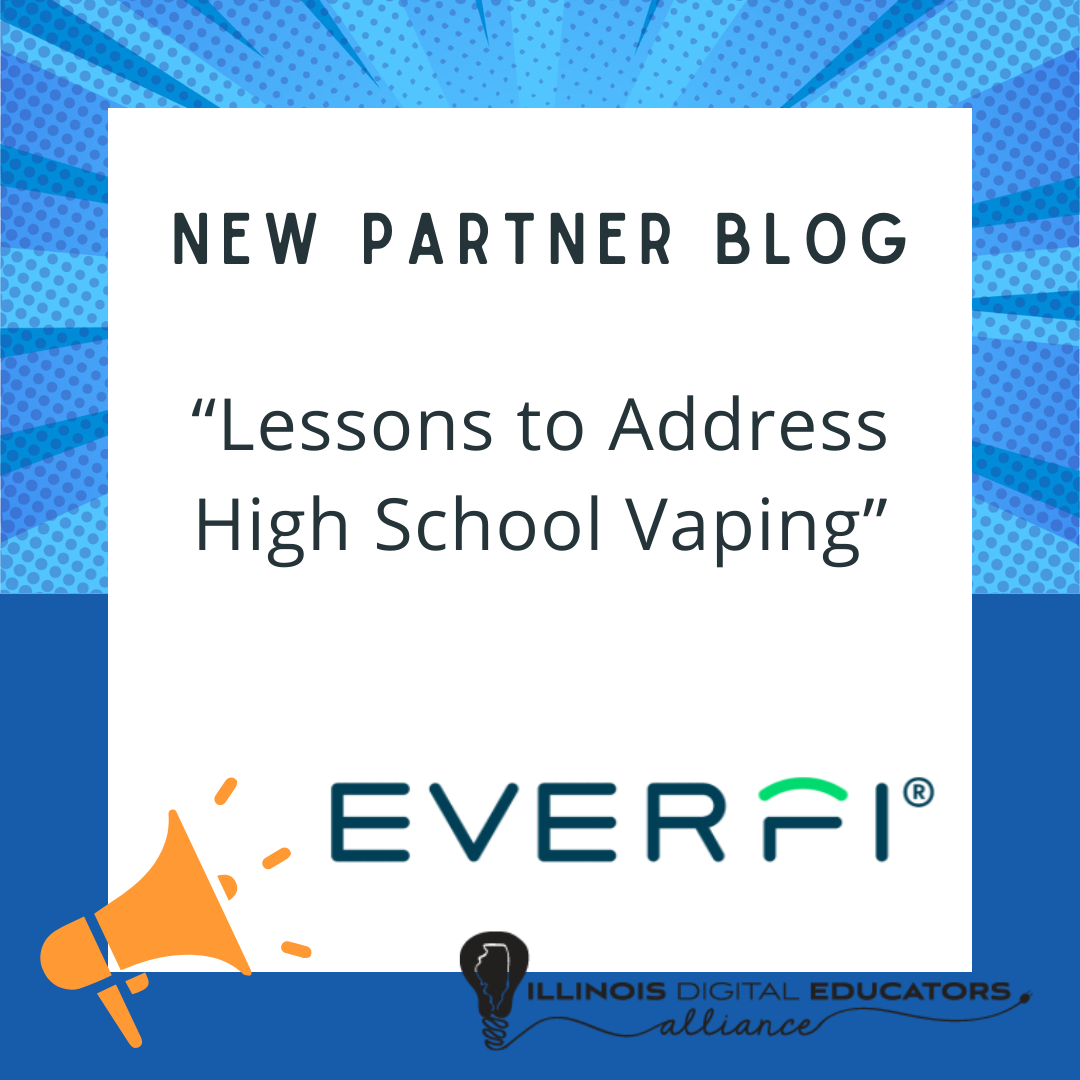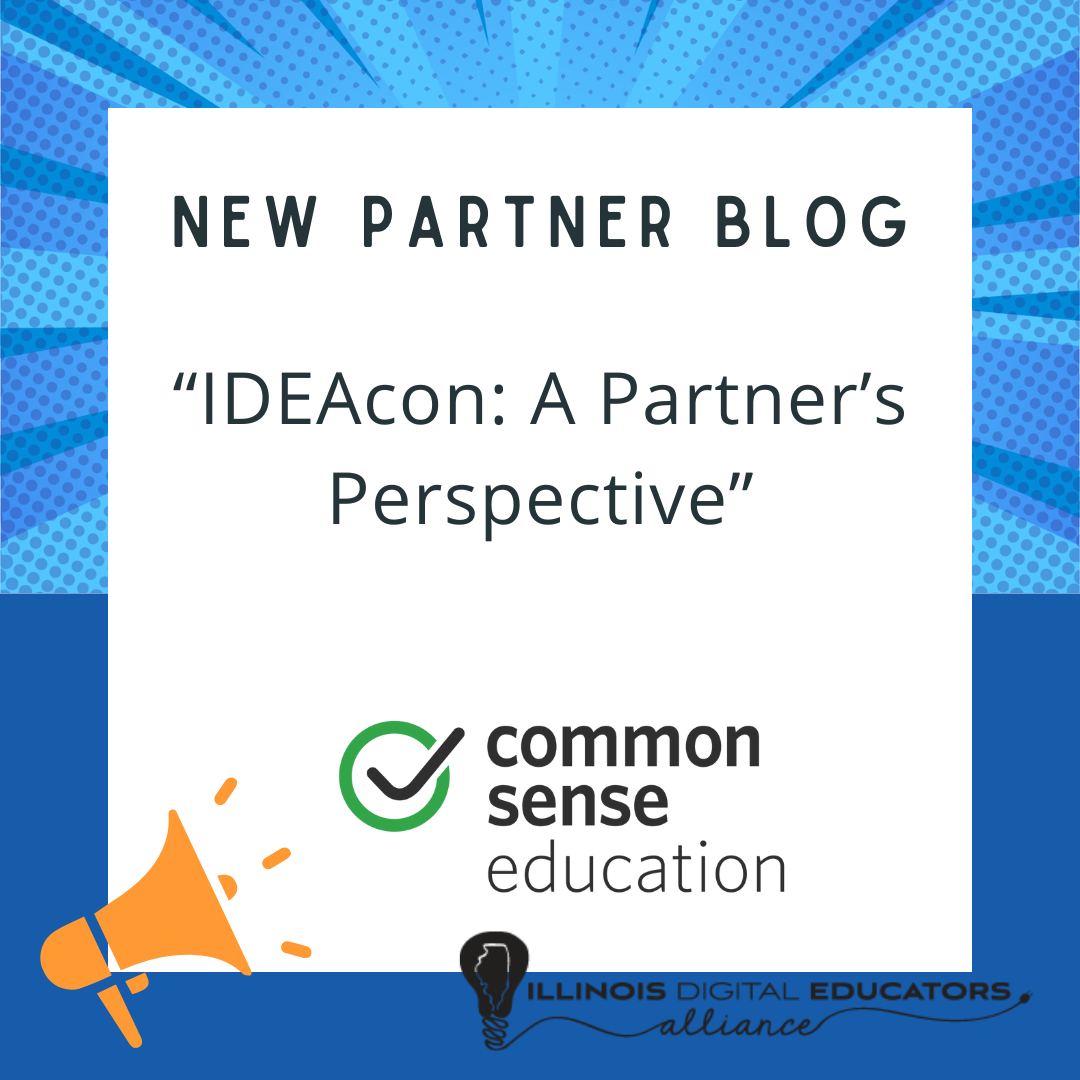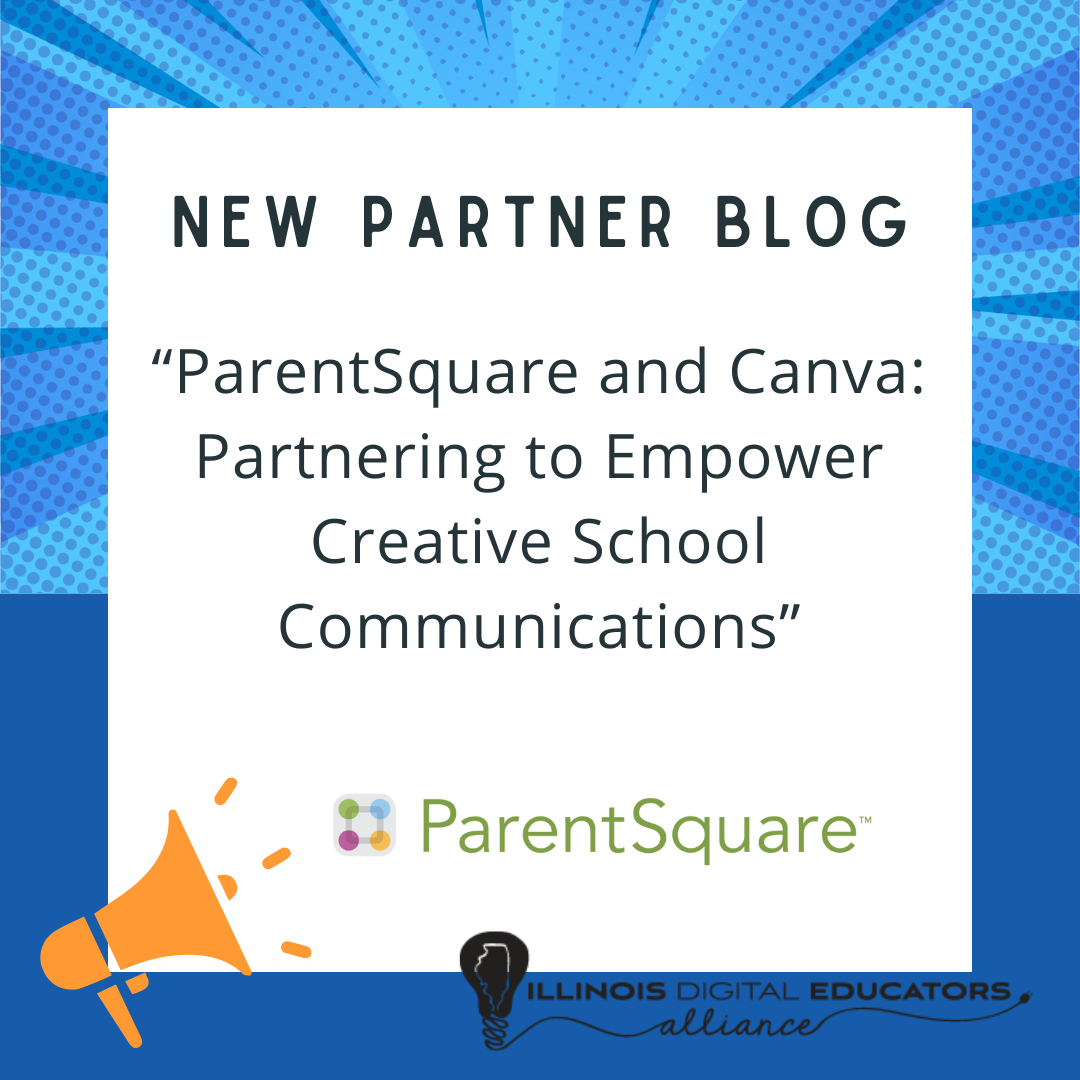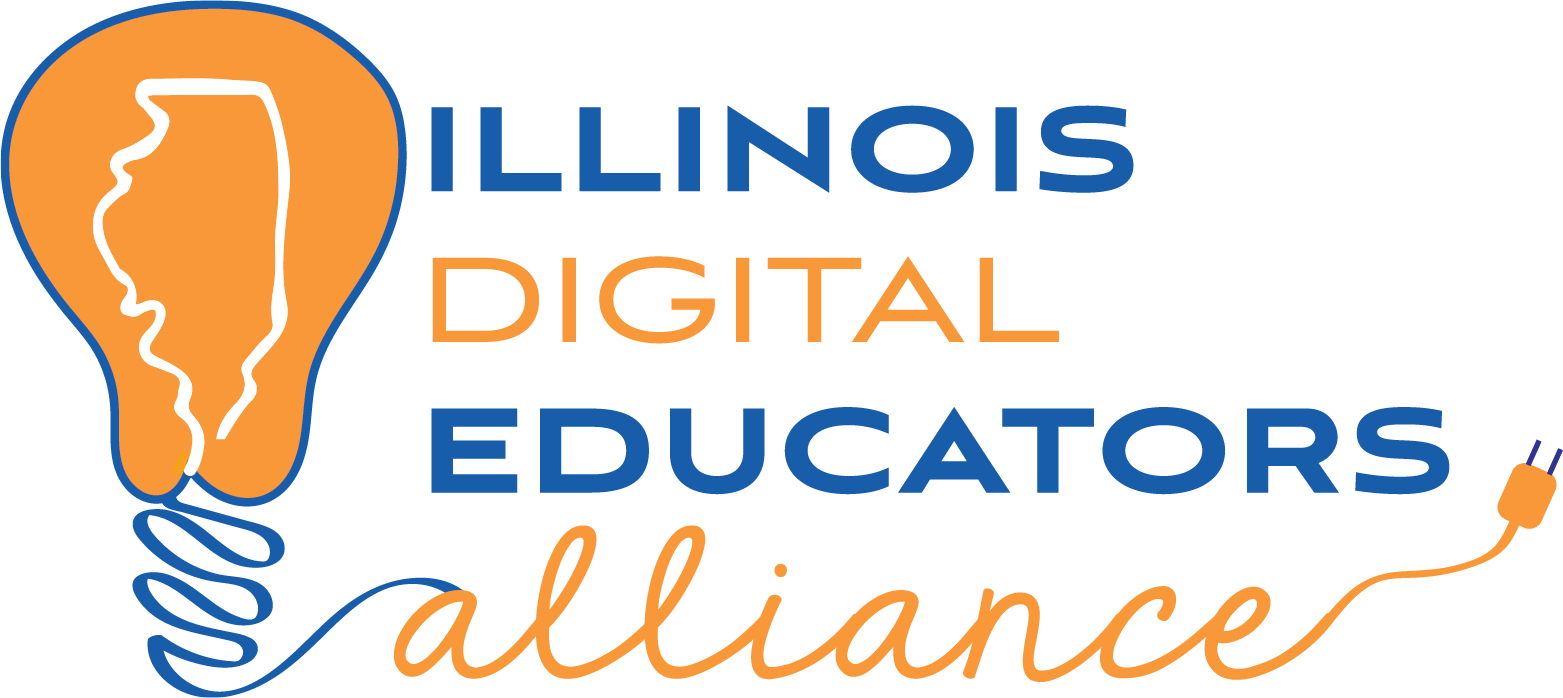Why Educators Can’t Miss IDEAcon 2025: Transform Your Teaching Practice
The anticipation for IDEAcon 2025 is growing as educators, administrators, and tech enthusiasts prepare for one of the year’s most transformative professional development events. This annual conference has been instrumental in shaping my growth as a teaching professional, offering fresh perspectives and innovative strategies to enhance education.
A Meeting of Minds with a Shared Passion
One of the most energizing aspects of IDEAcon is the chance to meet with like-minded individuals who are as passionate about technology and education as you are. IDEAcon offers a space where everyone is united by the shared goal of enhancing student outcomes. The conference is a wonderful opportunity to connect with people who “get it”—those who understand the challenges of teaching and are open to sharing strategies, solutions, and success stories.
IDEAcon empowers educators. Attending IDEAcon isn’t just about acquiring information—it’s about transforming how you approach education and inspiring your students to reach their full potential.
The Power of Networking and Collaboration
Education doesn’t happen in isolation, and neither should professional development. At IDEAcon, you’ll find countless opportunities to network with fellow educators, thought leaders, and technology experts. These connections often spark creative brainstorming sessions, where you can tackle classroom challenges with fresh ideas and new perspectives.
The conference offers sessions on STEAM, Equity, SEL, Computer Literacy, Computer Science and much more. Through hands-on workshops and breakout sessions, you’ll leave with solutions, ideas, and most of all a renewed sense of purpose.
Inspiring Keynotes and Over 200 Sessions
IDEAcon delivers a powerful lineup of keynote speakers who will leave you motivated and ready to implement change. These thought leaders bring diverse perspectives and real-world experience to the stage, sharing stories that resonate and strategies that work. Whether you’re seeking practical tips, innovative tools, or a supportive community of peers, IDEAcon has something for everyone. Mark your calendar and prepare to be inspired, challenged, and equipped to transform your teaching practice.
Notes
ChatGPT 3.5 was used to organize and improve the wording of my original thoughts
ChatGPT 3.5 created the title of this post

Jeremy is a TEDx Speaker and a high school Computer Science & History Teacher in Effingham, IL. He is also a governing board member of Illinois Digital Educators Alliance (IDEA). Jeremy has earned a Masters in Educational Policy from the University of Illinois and a Masters in Teaching from Greenville University. His goal is to inspire students, teachers and anyone he comes into contact with to be a lifelong learner. Jeremy believes education is the key to solving our world’s problems. In his free time, he enjoys traveling,writing, spending time in coffee shops, and spending time with his family watching old TV shows on Netflix.
RECENT ARTICLES




